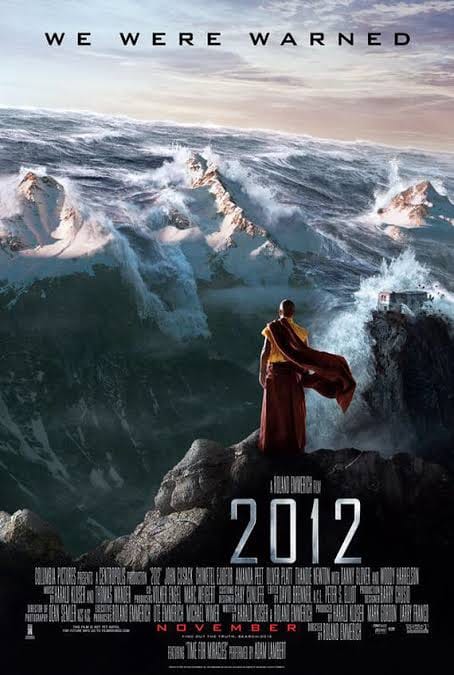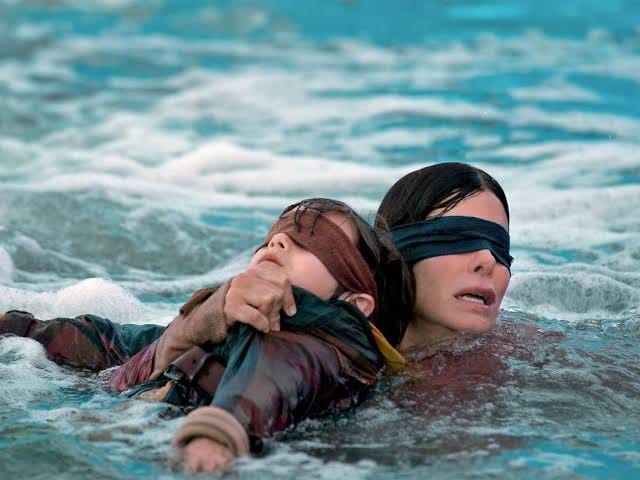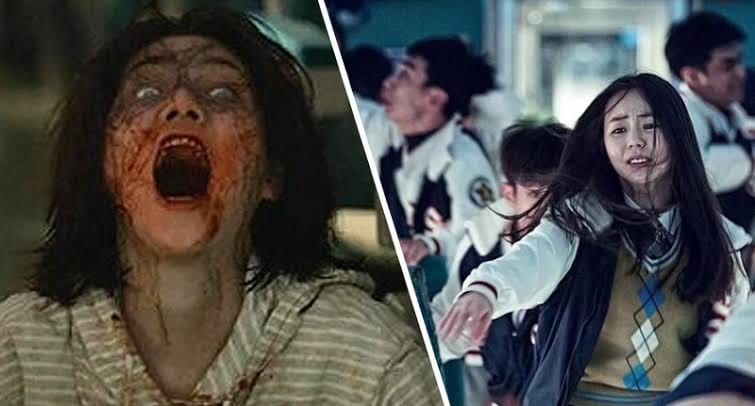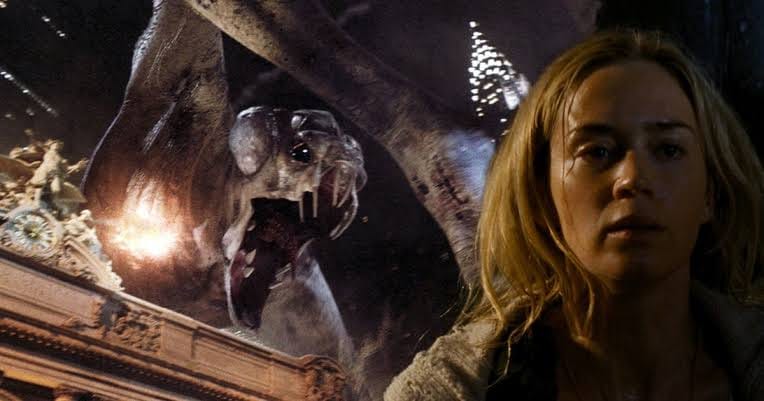Corona Times: Living The Reel In Real

Trapped in the lockdown and fears of COVID-19 virus gripping our lives, most of us are bound to feel like Malorie in Bird Box. To draw a reel parallel: we are exactly in the middle of river Smith in Del Norte County now. The waves are turbulent; the boat sometimes overturning, throwing us into the ocean of the overwhelming cases of the corona virus. “It’s going to feel like it’s going on for a long time,” says Malorie in the movie. And, for all of us in 2020, like Malorie, we are not in a position to understand how difficult the journey ahead is; and for how long!
Blindfolding eyes in Bird Box was the only means to survive, and for us right now – social distancing and wearing masks. Some critics have felt blindfolding can symbolise an apathy for the mentally challenged – turning a blind eye to their issues. Similarly, is social distancing in the times of corona the Nature’s way of telling us to stop and look around – aren’t we already too aloof from each other? The growing form of communication for over a decade has been social media. Are we paying the price of aloofness by being forced into social distancing and realizing what it can mean? When the whole world was busy and many of us did not have time for even visiting our parents on weekends, why are we now cribbing about digital socialization? We could not touch hearts – we were all too busy making money. Now, why are we afraid of not being able to touch one another? Hugs will disappear. So will many expressions of love and feelings. Were we ready for this? Is COVID-19
a form of compensation we are paying for neglecting social interaction?

We were rather amazed to see suicides in Manoj Night Shymalan’s The Happening and in Sussane Bier’s Bird Box. But when people suspected of being infected by the corona virus are hiding, and the government has to ‘contact trace’ them, what are they doing – are they not endangering self and others? This is a historical phase. We will look back to this survival guide. Months of isolation. We are like living the scenes of some of the movies we have grown up with; movies that have left an indelible mark on us. Movies that have made us stop and question: can the world end like this?

When masses of infected people run to bite into the flesh of the survivors in Train to Busan, we wonder if this is the way humanity will get lost and barbarity would prevail. Every one of the infected persons seem to be caught up in the rat race; their aim not being to save others but destroy the remaining ones. Some critics say the human tendency to suck into another’s blood is literal here, implying the figurative or metaphorical habit of humans to use others for their own selfish and manipulative means. That is what is exactly happening in many societies of the world where people are shirking away from quarantine of 14 days for their convenience; forgetting that the disease is a mass killer and their fear might lead to mass destruction of humankind. Post COVID-19, the world will never be the same again, say some leaders. But how sensitive are we to this?

Not only are we blindfolded to the sorrows of people, we have also turned a deaf ear to the problems of others as in A Quiet Place. Is COVID-19 really a virus from the bat or is it the result of human beings having gone astray, addicted to money, apathy, insensitiveness and selfishness?
No one pays any heed to American geologist Adrian Helmsley when he warns of a huge catastrophe due to displacement of the Earth crust or tectonic shifts in the movie 2012. At first, the cracks or fissures are minor due to low-intensity earthquakes here and there. The danger here is slightly more pronounced than Bird Box, The Happening, The Train to Busan or even A Quiet Place, for that matter. If eyesight can spell doom in Bird Box, it is sound that invites trouble in A Quiet Place. The Happening deals with the dangers of smell and The Train to Busan shows that an infected bite can cause apocalypse. In all of those places depicted in the films, there was a chance to avert the danger or somehow escape it, though with a lot of struggle. The battle against COVID-19, which thus far is about touch, also gives us that space – all of us can avert the danger by following quarantine, lockdown and social distancing measures and not loafing around the streets unnecessarily on the pretext of boredom. Literally and metaphorically, we have lost the human touch. Can we not fight together? Let’s wake up before it is too late.
(The author teaches at Rama Devi Women’s University)

Comments are closed.